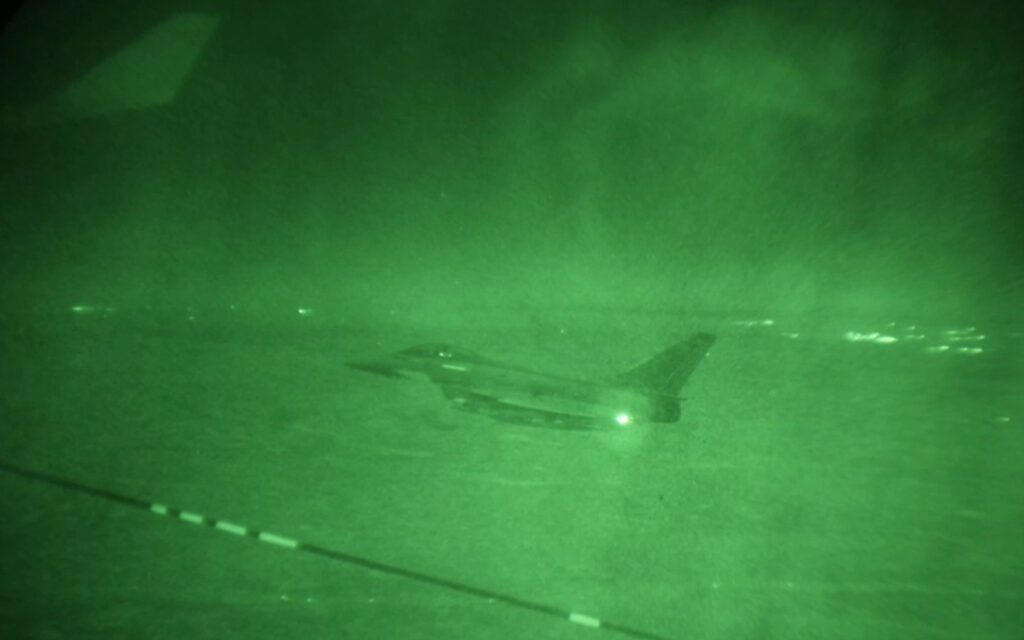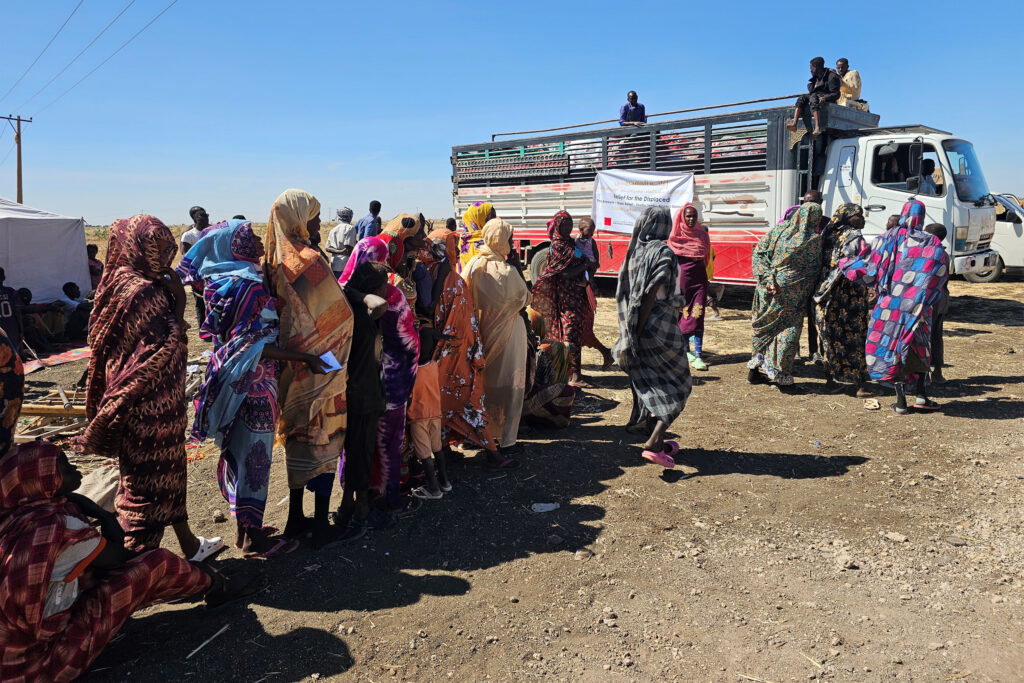AFP Asia Business
France, UK conduct joint strikes against IS in Syria
Britain and France on Sunday said they had carried out joint strikes on the Islamic State group in Syria to prevent the Islamist extremists resurging.France said it was part of Operation Inherent Resolve, a US-led international offensive against IS in Iraq, Syria and also Libya.The British Ministry of Defence said it cooperated with France on Saturday night to strike an underground facility in Syria that had likely been used by the Islamic State group to store weapons.”Royal Air Force aircraft have completed successful strikes against Daesh in a joint operation with France,” the ministry said in a statement, using the Arabic acronym for IS.”This facility had been occupied by Daesh, most likely to store weapons and explosives. The area around the facility is devoid of any civilian habitation,” the statement added.The ministry said there was no indication the bombing north of the ancient site of Palmyra had posed any risk to civilians.The French armed forces said in a statement on X that as part of Operation Inherent Resolve, the two NATO allies “carried out strikes against positions of the terrorist group Islamic State”. “Preventing the resurgence of Daesh is a major issue for the security of the region,” it added.IS was territorially defeated in Syria in 2019 but still maintains a presence, particularly in the country’s vast desert.Preventing the group from regaining strength is a major priority for the international community as Syrian President Ahmed al-Sharaa, himself a former jihadist, seeks to shore up security in Syria after ousting former president Bashar al-Assad just over a year ago.Palmyra, home to UNESCO-listed ancient ruins, was once controlled by the jihadist fighters.Last month, Washington said a lone IS gunman in Palmyra attacked American personnel, killing two US soldiers and a US civilian. US forces said they struck dozens of IS targets in Syria in retaliation.
114 killed in week of attacks in Sudan’s Darfur: medical sources
Attacks by Sudan’s army and its paramilitary foes on two towns in the western Darfur region over the past week have killed 114 people, medical sources told AFP Sunday.Since April 2023, Sudan has been gripped by a war between the army and the paramilitary Rapid Support Forces (RSF), which in October seized the army’s last holdout position in Darfur.The RSF has since pushed west to the Chadian border and east through the vast Kordofan region, where a drone strike on the North Kordofan capital of El-Obeid on Sunday caused a blackout in the key army-controlled city.A medical source reported Sunday that 51 people were killed the day before in drone strikes attributed to the army on the North Darfur town of Al-Zuruq, 180 kilometres (112 miles) north of the RSF-overrun state capital El-Fashir.The strike hit a market and civilian areas, the source said.Al-Zuruq, under RSF control, is home to family members of RSF commander Mohamed Hamdan Daglo, the former deputy of his now rival, army chief Abdel Fattah al-Burhan.”Two of the Daglo family were killed, Moussa Saleh Daglo and Awad Moussa Saleh Daglo,” an eyewitness to the burial told AFP.Both the RSF and the army are accused of targeting civilian areas, in what the UN has called a “war of atrocities”.RSF fighters advancing westward towards the border with Chad last week killed another 63 people in and around the town of Kernoi, a medical source in the local hospital told AFP Sunday.”Until Friday, 63 were killed and 57 injured… in attacks launched by the RSF around Kernoi,” they said, speaking on condition of anonymity for their safety.Local sources told AFP that 17 people were still missing.The entire Darfur region is largely inaccessible to reporters and is under a years-long communications blackout, forcing local volunteers and medics to use satellite internet to get news to the world.According to the United Nations, over 7,000 people were displaced in just two days last month from Kernoi and the nearby village of Um Baru.Many are from the Zaghawa group, which has been targeted by the RSF. Members of the group have fought in the current war alongside the army in a coalition known as the Joint Forces.- ‘Attacked by drones’ -Since the war began, tens of thousands have been killed and millions displaced. Much of the worst fighting has been in Darfur, reviving memories of mass ethnic atrocities committed in the 2000s by the Janjaweed, the RSF’s predecessor.The war’s fiercest violence is currently unfolding in Kordofan, Sudan’s vast oil-rich southern region that links Darfur to the capital Khartoum, which the army recaptured last year.Drone strikes on North Kordofan capital El-Obeid caused a power outage, the national electricity company said.”El-Obeid power station … was attacked by drones, leading to a fire in the machinery building, which led to a halt in the electricity supply,” the company said.Following its victory in El-Fasher, the RSF has sought to recapture Sudan’s central corridor, tightening its siege with its local allies around several army-held cities.Hundreds of thousands face mass starvation across the region.Last year, the army broke a paramilitary siege on El-Obeid, which the RSF has sought to encircle since.The Joint Forces said last week they had retaken several towns south of El-Obeid, which according to a military source could “open up the road between El-Obeid and Dilling” — one of South Kordofan’s besieged cities.Since mid-December, some 11,000 people have been displaced from North and South Kordofan states, according to the UN’s International Organization for Migration.The war has forced more than 11 million people to flee internally and across Sudan’s borders, many of them seeking shelter in underdeveloped areas with a lack of nutrition, medicine and clean water.


